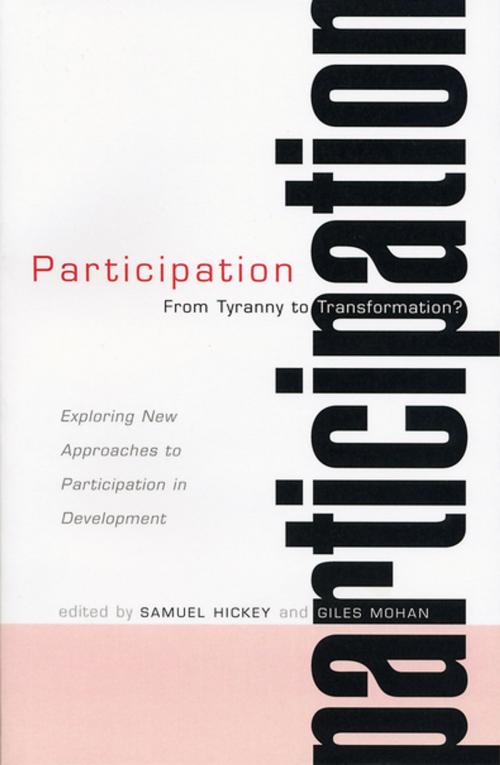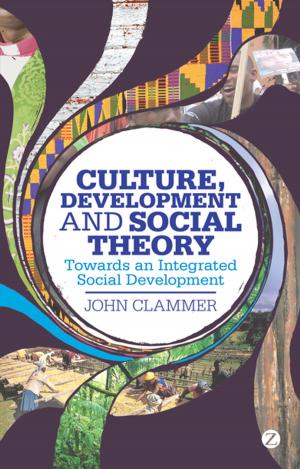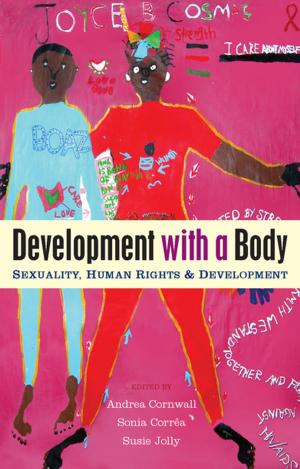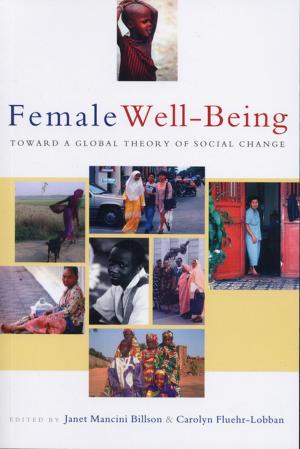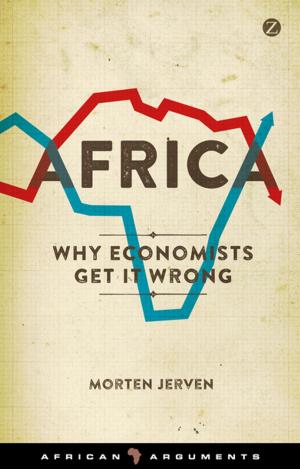Participation
From Tyranny to Transformation: Exploring New Approaches to Participation in Development
Business & Finance, Economics, Nonfiction, Reference & Language, Reference, Social & Cultural Studies, Social Science| Author: | ISBN: | 9781848137486 | |
| Publisher: | Zed Books | Publication: | July 4, 2013 |
| Imprint: | Zed Books | Language: | English |
| Author: | |
| ISBN: | 9781848137486 |
| Publisher: | Zed Books |
| Publication: | July 4, 2013 |
| Imprint: | Zed Books |
| Language: | English |
Participation has established itself as a significant approach to project implementation, policy-making and governance in developing and developed countries alike. Recently, however, it has become fashionable to dismiss participation as more rhetoric than substance, and subject to manipulation by agencies and social change agents intent simply on pursuing their own agendas under cover of community consent. In this important new volume, development and other social policy scholars and practitioners seek to rebut this simplistic conclusion, while addressing the problems of power and politics which have beset some approaches to participation. They describe and analyse new experiments in participation from a wide diversity of social contexts that show how, far from being a redundant and depoliticizing concept, participation can -- given certain conditions -- be linked to genuinely transformative processes and outcomes for marginalized communities and people. This volume is the first comprehensive attempt to evaluate the state of participatory approaches in the aftermath of the 'Tyranny' critique. It captures the recent convergence between participatory development and participatory governance, and spans the range of institutional actors involved in these approaches - the state, civil society and donor agencies. It places participatory interventions in a political context, and links them directly to issues of popular agency. The volume embeds participation within contemporary advances in development theory and proposes theoretical and practical ways forward for relocating participation as a genuinely transformative approach. Scholars and practitioners alike, and from a diversity of disciplines and community and development agencies, are likely to find this volume a theoretically illuminating and practically useful source of ideas about how participation can achieve concrete liberatory outcomes.
Participation has established itself as a significant approach to project implementation, policy-making and governance in developing and developed countries alike. Recently, however, it has become fashionable to dismiss participation as more rhetoric than substance, and subject to manipulation by agencies and social change agents intent simply on pursuing their own agendas under cover of community consent. In this important new volume, development and other social policy scholars and practitioners seek to rebut this simplistic conclusion, while addressing the problems of power and politics which have beset some approaches to participation. They describe and analyse new experiments in participation from a wide diversity of social contexts that show how, far from being a redundant and depoliticizing concept, participation can -- given certain conditions -- be linked to genuinely transformative processes and outcomes for marginalized communities and people. This volume is the first comprehensive attempt to evaluate the state of participatory approaches in the aftermath of the 'Tyranny' critique. It captures the recent convergence between participatory development and participatory governance, and spans the range of institutional actors involved in these approaches - the state, civil society and donor agencies. It places participatory interventions in a political context, and links them directly to issues of popular agency. The volume embeds participation within contemporary advances in development theory and proposes theoretical and practical ways forward for relocating participation as a genuinely transformative approach. Scholars and practitioners alike, and from a diversity of disciplines and community and development agencies, are likely to find this volume a theoretically illuminating and practically useful source of ideas about how participation can achieve concrete liberatory outcomes.
